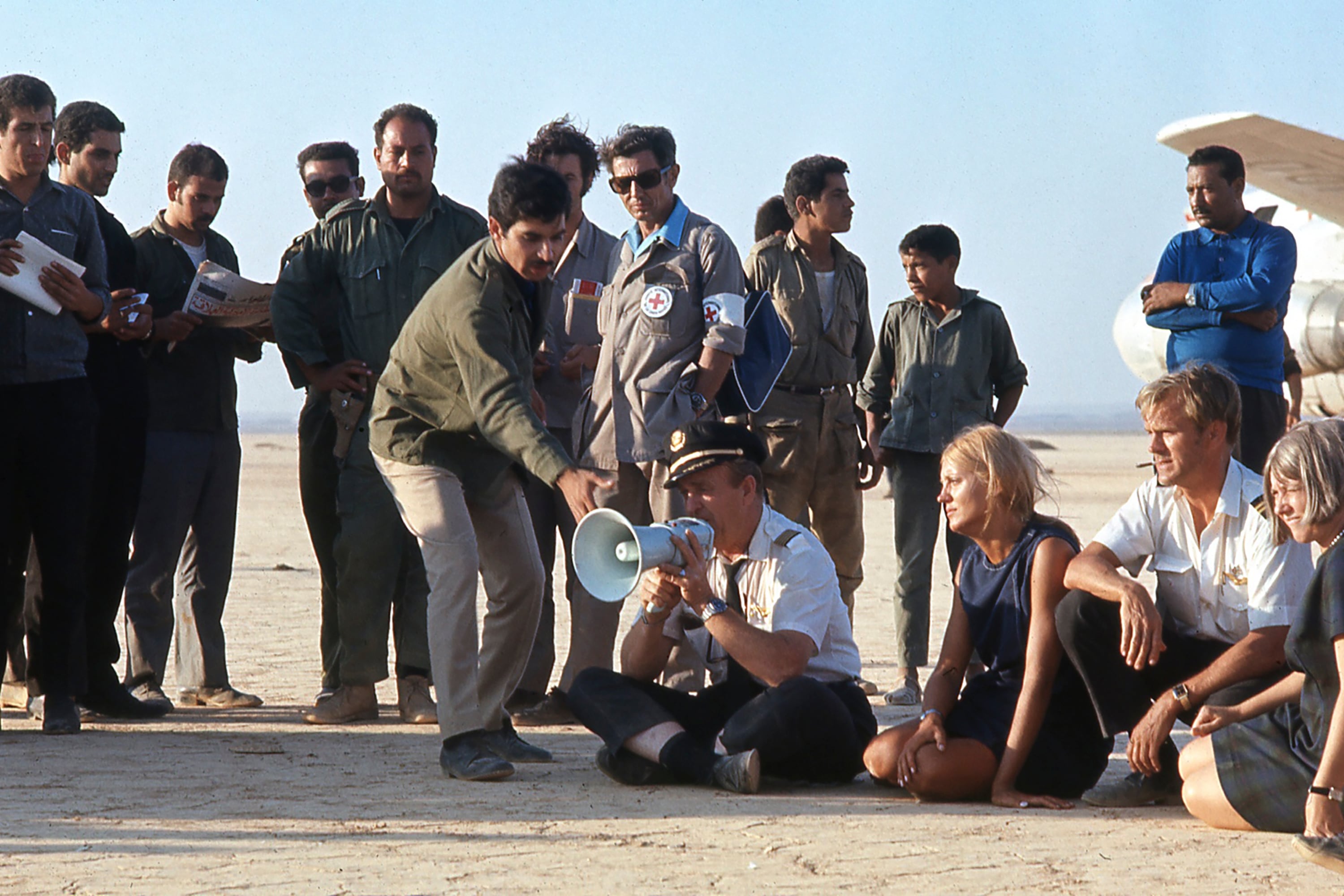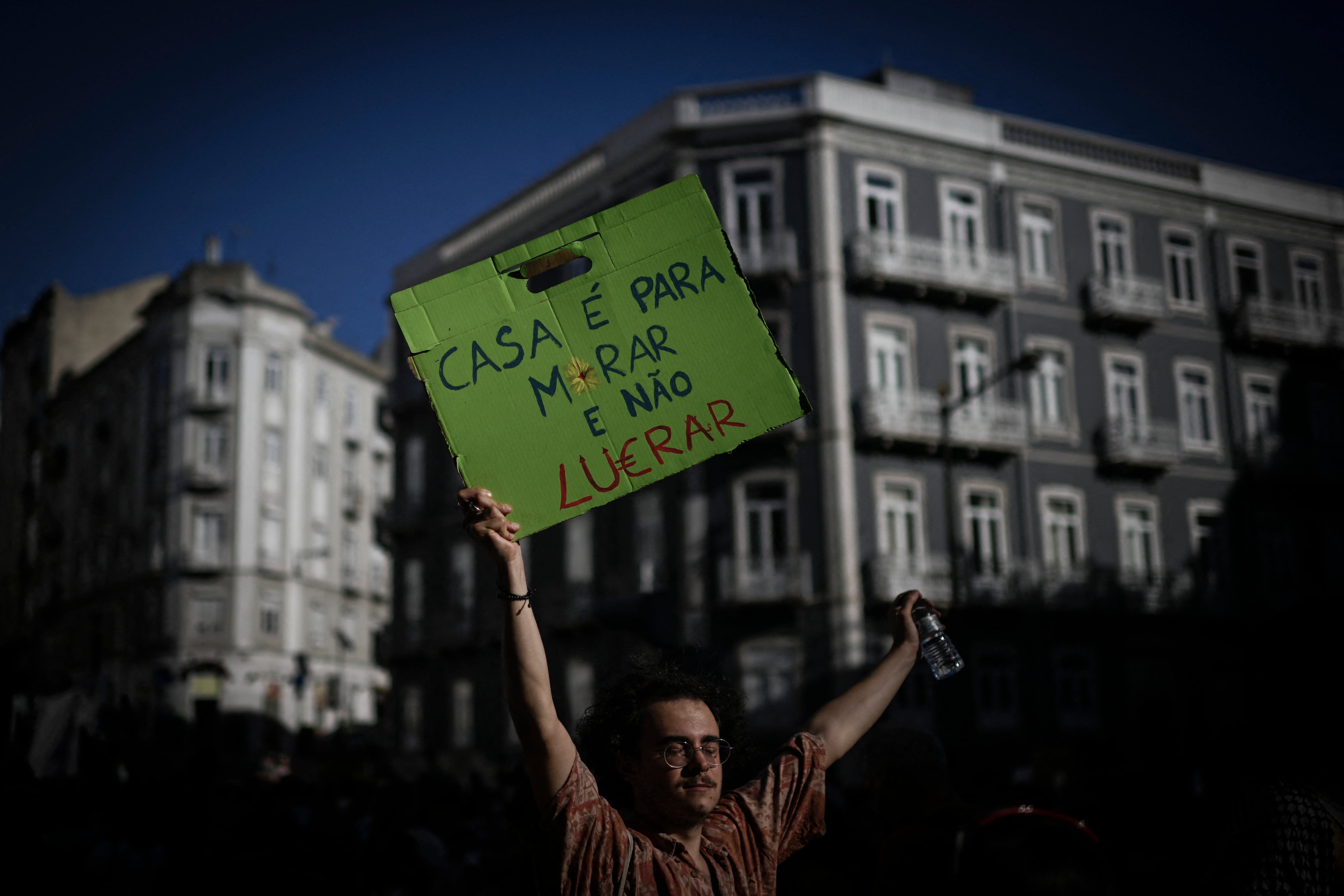Sir, – In Darfur last year, I woke up every morning to security alerts on my phone telling me where the latest fighting was taking place – a daily reminder of the risks faced by the Concern Sudan team in their relentless drive to support communities caught up in conflict.
Back then we thought the situation couldn’t get much worse, yet it has.
More than two-and-a-half years of conflict have left the country in ruins. Estimates suggest as many as 150,000 people have been killed, 14 million people displaced and 21 million people face high levels of acute food insecurity, with growing numbers on the brink of starvation.
El Fasher and the surrounding areas in North Darfur have become the epicentre of suffering. Hundreds of thousands of civilians are in desperate and deadly conditions, trapped in a city with no access to food, medicine or relief supplies.
READ MORE
In a war that is “spiralling out of control”, the United Nations secretary general called last week for an immediate ceasefire and urged “the international community and all those that have leverage in relation to Sudan to stop the fighting”.
At the same time, when humanitarian agencies should be scaling up, critical life-saving operations have been closed as a result of drastic funding cuts. As of today, only 28 per cent of Sudan’s $4.16 billion humanitarian plan for 2025 has been funded.
Without a halt to the fighting and a massive scale-up of aid, millions more could face starvation in the months ahead.
Never in the history of the UN has there been such sustained levels of intense violence and human suffering being played out in front of the eyes of the world in places such as Sudan, Gaza and Ukraine.
Yet the successful resolution of conflicts is now lower than at any point in the last 50 years. Expenditure on peacekeeping has dropped to an all-time low and currently stands at just 0.52 per cent of total military spend. The hard work of diplomacy is increasingly replaced by an over-reliance on sanctions, with limited effectiveness and often negative humanitarian consequences.
History has shown that when nations and leaders unite with a shared purpose, anything is possible. In a world that is more brutalised we must remind ourselves that wars can be stopped, people protected and hunger eradicated if the political will is there to make it happen.
What is happening in Sudan today demands an urgent diplomatic and financial response. Their humanity and our own should demand nothing less. – Yours, etc,
DOMINIC MacSORLEY,
Humanitarian ambassador,
Concern Worldwide,
Lower Camden Street,
Dublin.










